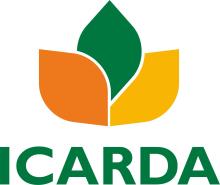Resource information
Decentralized governance of natural resources is considered one of the key strategies for promoting sustainable
management of natural resources at local level. Effective decentralized natural resource management requires
strong local natural resource institutions. Therefore, strengthening local institutions governing the management
of natural resources is one of the core principles of decentralization reforms in Francophone West Africa
countries. This study assessed the existing local institutions (rules, norms and or local conventions) governing
the management of natural resources and forms of community participation in the development of these natural
resource institutions. Our findings showed significant variation within the study sites regarding the level of
knowledge of existing local rules and norms governing the management of natural resources by the respondents.
Results showed that the level of knowledge of local conventions was significantly (P < 0.05) higher in the
district of Bougouni than in the district of Koutiala (a score of 3.16 compared to 1.70 on a scale of 0 to 4).This
study shows also that participation was dominated by a small group of individuals, often community leaders and
elites. The results suggest that women are marginalized. Presently, the big challenge that faces the institutions
governing natural resource use in the study area is the system of representativeness in the community in the
development of local rules and norms as community leaders and household heads often dominate, which does
not encourage active participation of community members. Therefore, for effective implementation of local
natural resource institutions, the interest of key natural resource users should be taken into account. It is also
important to promote rules and norms that attempt to protect or strengthen women’s access to natural resources
in the community.


